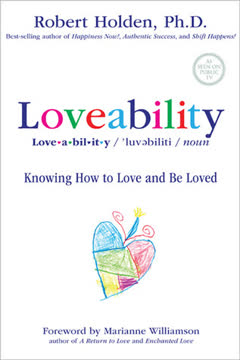Key Takeaways
1. Love is Your Innate Nature and Ultimate Destiny.
All the happiness, health, and abundance you experience in life comes directly from your ability to love and be loved.
Love's true essence. Love is not merely a word, an emotion, or a concept; it is the fundamental energy of creation and the core of who you are. It's an innate ability, not something to be acquired, but rather remembered. This profound truth suggests that your life's purpose isn't just to find love, but to be love, extending it universally.
Beyond definitions. While languages worldwide have words for love, these words are mere symbols that reduce love to an 'it.' True love transcends intellectual definitions, scientific analysis, or religious dogma. It is an indefinable, majestic quality, much like the psyche or energy itself, that can only be truly known through experience and recognition.
Spiritual journey. Embracing love as your destiny means recognizing it as your spiritual path, guiding your growth and evolution. This journey is an inner homecoming, starting exactly where you are. By identifying with love, you align with your original energy, the heart of your being, and unlock your natural capacity to love and be loved effortlessly.
2. You Are Wholly Loveable: Embrace Your Unconditioned Self.
The basic truth about you is “I am loveable.”
Original loveliness. Babies embody our "Unconditioned Self," a state of pure energy and love, free from masks, personas, or judgments. They are not trying to be loveable; they simply are. This inherent loveliness, which St. Francis of Assisi called our "eternal loveliness," is a reflection of our true nature, an "Original Blessing" shared by all creation.
Beyond learned selves. As we grow, societal conditioning often leads us to forget this basic truth, replacing our Unconditioned Self with a "learned self" or ego. This learned self operates from the "basic fear" of "I am not loveable," causing us to seek validation externally and lose sight of our inherent worth.
Self-love's core. Self-love is not narcissism or conceit; it's the profound realization of who you truly are—a being made of love. It's about connecting with your Unconditioned Self, which accepts and affirms you without judgment. This self-acceptance is a sacred promise to remember your eternal loveliness, empowering you to love others and be loved in return.
3. The Illusion of "I Am Not Loveable" Fuels All Fear.
Looking for love is frightening. That’s because it’s a strategy used to conceal a most terrible fear you would rather not look at: the fear that “I am not loveable.”
Root of suffering. The "basic fear" of "I am not loveable" is the primal lie we tell ourselves, leading to all other fears and suffering. This fear, born from a perceived separation from our true self, manifests as feelings of unworthiness, inadequacy, and anxious apartness, driving us to seek love outside ourselves.
Ego's defense. When identified with this fear, the ego creates a "learned self" that constantly judges, compares, and tries to earn love through external achievements or pleasing images. This self-judgment creates a vicious cycle, making it impossible to truly feel loveable, even when receiving affection from others.
One fear, many faces. All fears, from anxiety and impatience to envy and defensiveness, are merely projections of this single "basic fear." It's an idea, not a reality, that gains power only when we identify with it. Challenging this fear, by asking "Who is afraid?" and looking closely at its substance, reveals its illusory nature.
4. Relationships Are Mirrors Reflecting Your Self-Love.
Every relationship in your life is a reflection of the relationship you have with yourself.
Mirror Principle. Relationships serve as powerful mirrors, reflecting our inner state. How we perceive ourselves—as loveable or unloveable—directly influences what we see in others and how we experience every interaction. This mirroring occurs due to our essential oneness and the nature of perception, where we project our self-awareness onto others.
What you bring. You carry your relationship with yourself into every encounter, projecting both your desire to love and be loved, and any unresolved fears or doubts. If you feel something is "missing" in a relationship, it's often a projection of what you're withholding from yourself. Asking "What am I not being/giving/hearing/saying/doing?" can reveal these hidden dynamics.
Self-love's impact. The more you love yourself, the easier it becomes to love others and recognize how much you are loved. Conversely, a lack of self-love impairs your ability to extend love, makes you critical, defensive, and prone to testing others' affection. Healing projections and cultivating self-love transforms all your relationships.
5. Unconditional Love: The Foundation of True Connection.
When you love someone, you love the person as they are, and not as you’d like them to be.
Beyond conditions. Unconditional love is a state of acceptance that creates a safe space for authenticity in relationships. It means loving someone exactly as they are, without requiring them to change, perform, or fit an ideal image. This love is not an audition; it's about genuine intimacy and honoring individuality.
Not a bargain. True love makes no demands, sets no conditions, and operates without hidden agendas or emotional invoices. It's not a transaction where love is given to get something in return. As Hafiz beautifully put it, "The sun never says to the earth: 'You owe me!' Look what happens with a love like that! It lights the whole sky!"
No idolatry, no exclusivity. Unconditional love recognizes everyone as equals, fostering mutual respect rather than power struggles or placing others on pedestals. It is not exclusive; while we form specific relationships, true love extends to all. The goal is not just to love one person, but to love everyone, as the capacity to love one deeply expands our capacity to love all.
6. Forgiveness: The Path to Healing and Releasing Fear.
Forgiveness offers everything I want.
Healing the past. Forgiveness is a profound act of self-love, a decision to heal the "basic fear" of "I am not loveable." It's not about condoning wrongdoing or forgetting, but about releasing the pain and guilt that bind you to the past. Self-forgiveness is the first step to freeing yourself from a mindset of fear and guilt.
Guilt's illusion. Guilt, whether "conscience guilt" from unloving actions or "identity guilt" from believing "I am unloveable," is a major block to love. It's an egoic invention that convinces us something is fundamentally wrong with us. Forgiveness reminds us that our true essence is untouched by guilt, and that love is our real conscience.
Seeing differently. Forgiveness is a training in vision, helping us see everything as either an expression of love or a "call for love." It recognizes that conflicts, pain, and even our ego's struggles are cries for love. By letting go of grievances, we stop arguing with reality, heal old wounds, and open ourselves to a future guided by love.
7. Love is the Answer to All Human Problems.
If it is true, as I have tried to show, that love is the only sane and satisfactory answer to the problem of human existence, then any society which excludes, relatively, the development of love, must in the long run perish of its own contradiction with the basic necessities of human nature.
The singular problem. Erich Fromm argued that all human problems stem from one basic issue: separateness. This feeling of being separate from our Unconditioned Self, from others, and from the world, creates a "prison of aloneness" and fuels anxiety, judgment, and destructive behaviors like competition, greed, and war.
Oneness is reality. Mystics, poets, and even modern physicists (through concepts like "entanglement") affirm that separateness is an illusion. The universe is fundamentally interconnected, a "matrix of all matter" held together by a conscious and intelligent mind—which can be understood as love. The problem of separation has, in truth, already been solved.
Transforming the world. When we accept that love is our essence and that separateness is unreal, we begin to change. This shift in individual perception inevitably transforms the world, as our loving presence influences others and helps dismantle the structures built on fear. Love is not just a personal solution; it is the collective answer to humanity's challenges.
8. Make Love a Daily, Conscious Practice.
To choose love is to accept that love is your true nature.
Conscious commitment. Love is not a passive state but an active, daily practice. It requires a conscious decision to prioritize love in all aspects of your life—relationships, work, play, and even difficult conversations. This commitment means being open, trusting, and making way for love to guide you.
Daily attunements. Engaging in practices that help you tune into the presence of love reinforces your true nature. Examples include:
- 100 Breaths: Dedicating breaths to open to love's presence.
- Dedication: Consecrating your day to love, inviting it to guide your actions.
- Inquiry: Focusing on questions like "How can I be a more loving person?"
- Meditations: Practicing Loving Kindness (Metta Bhavana) to extend love to self, loved ones, strangers, and even enemies.
- Creativity: Expressing love through art, cooking, gardening, or any passion.
Love's power. Choosing love brings the intelligence of the universe into play, freeing your body from fear, your heart from guilt, and your mind from judgment. Your loving actions resonate far beyond your immediate perception, influencing others and helping to move the world in the direction of love, proving that love is indeed enough.
Last updated:
Review Summary
Loveability receives mostly positive reviews, with readers praising its insights on self-love and universal love. Many find it inspiring and life-changing, appreciating Holden's approach to understanding love beyond romantic relationships. Some criticize its repetitiveness and lack of practical advice. The book emphasizes that self-love is key to loving others and living a fulfilling life. While some readers struggle with the spiritual aspects, others appreciate the book's message of unconditional acceptance and overcoming fear to embrace love.
Similar Books
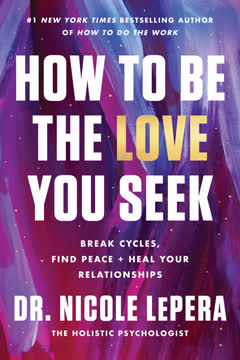
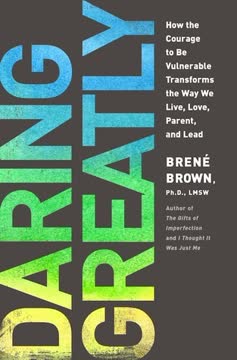
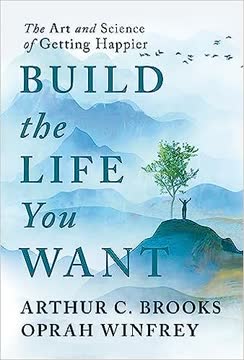
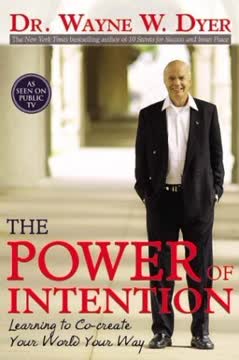
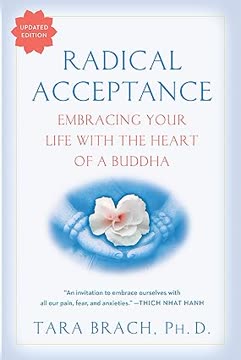
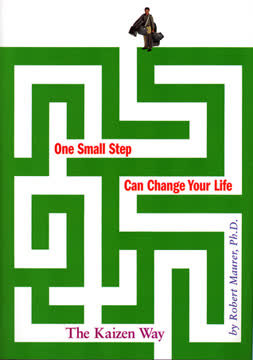
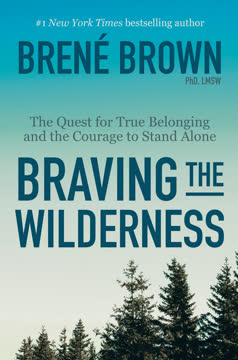
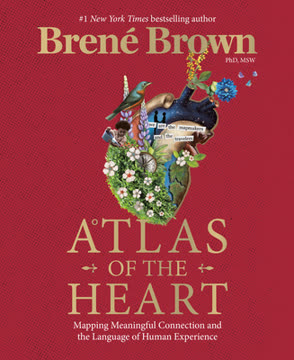


Download PDF
Download EPUB
.epub digital book format is ideal for reading ebooks on phones, tablets, and e-readers.
